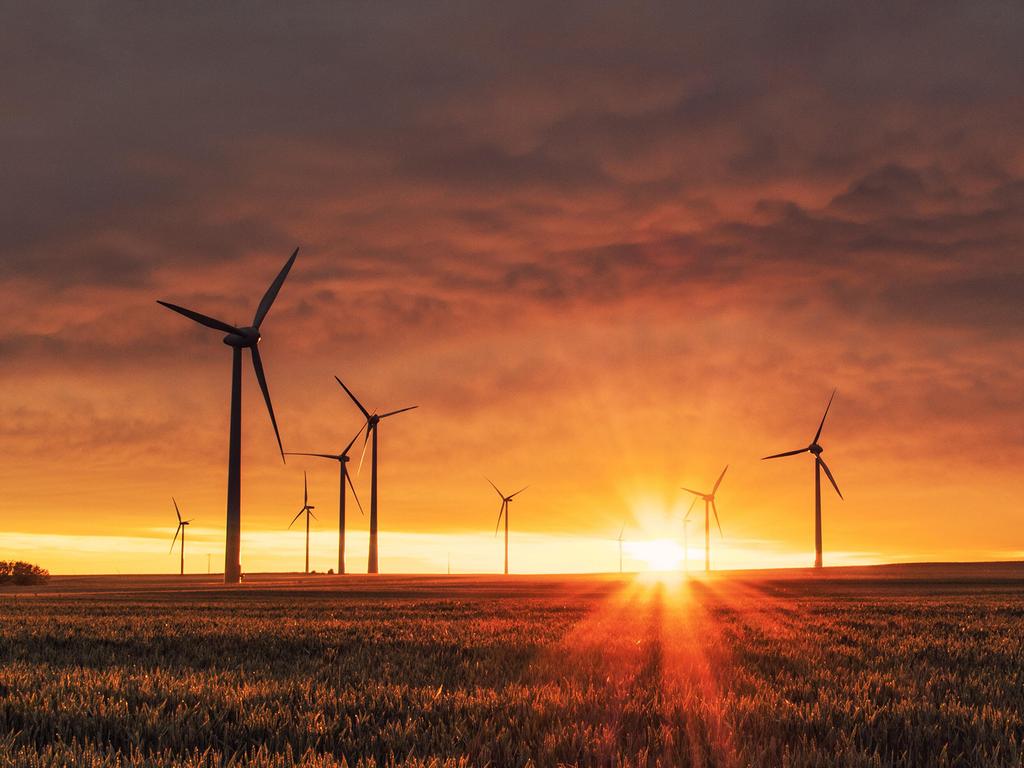Climate crisis means empty supermarket shelves will be new normal
Extreme weather events caused by climate change are set to cause more disruptions, with a new report warning Aussies they can’t take food supply for granted.
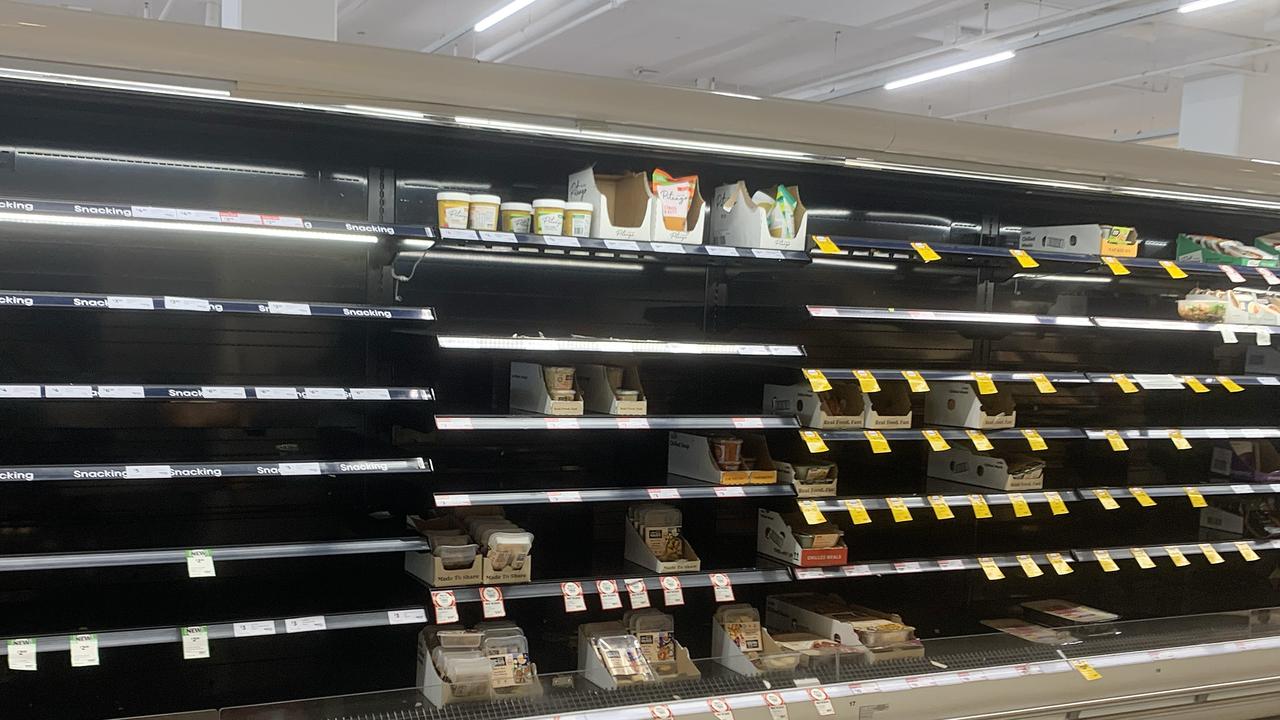
A chilling warning has been issued that Aussies will face empty supermarket shelves more frequently due to extreme weather events brought on by climate change wreaking havoc with food supply.
The report from Farmers for Climate Action said as climate change worsens Australians will also be met with rising food prices.
Aussies have been dealing with empty supermarket shelves on numerous occasions in the past two years brought on by the pandemic, bushfires and now catastrophic flooding on the east coast.
But food resilience expert Stephen Bartos, the author of the report, said Australians still took for granted that food would always be available.
“We have become accustomed to the notion that food magically appears and we don’t have a problem and I think what we are seeing now is a bit of a wake-up call, that it’s not the case and there needs to be proper attention to the problems of food supply,” he told news.com.au.
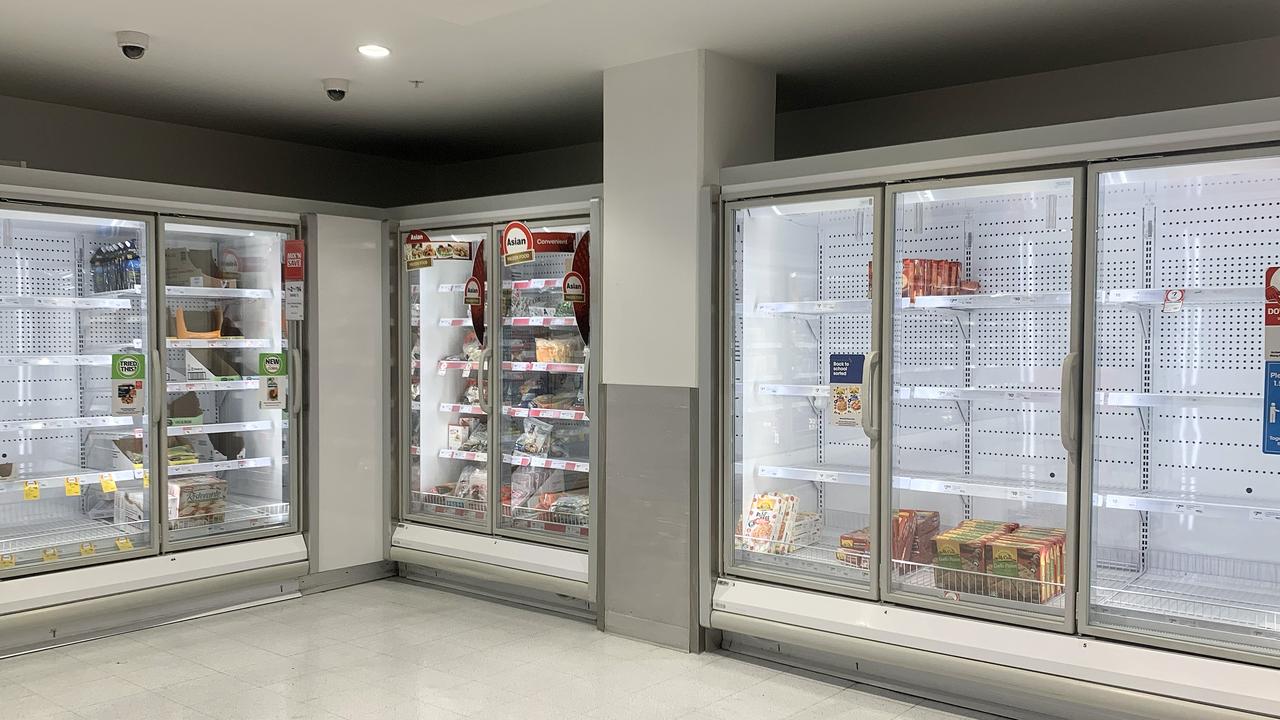
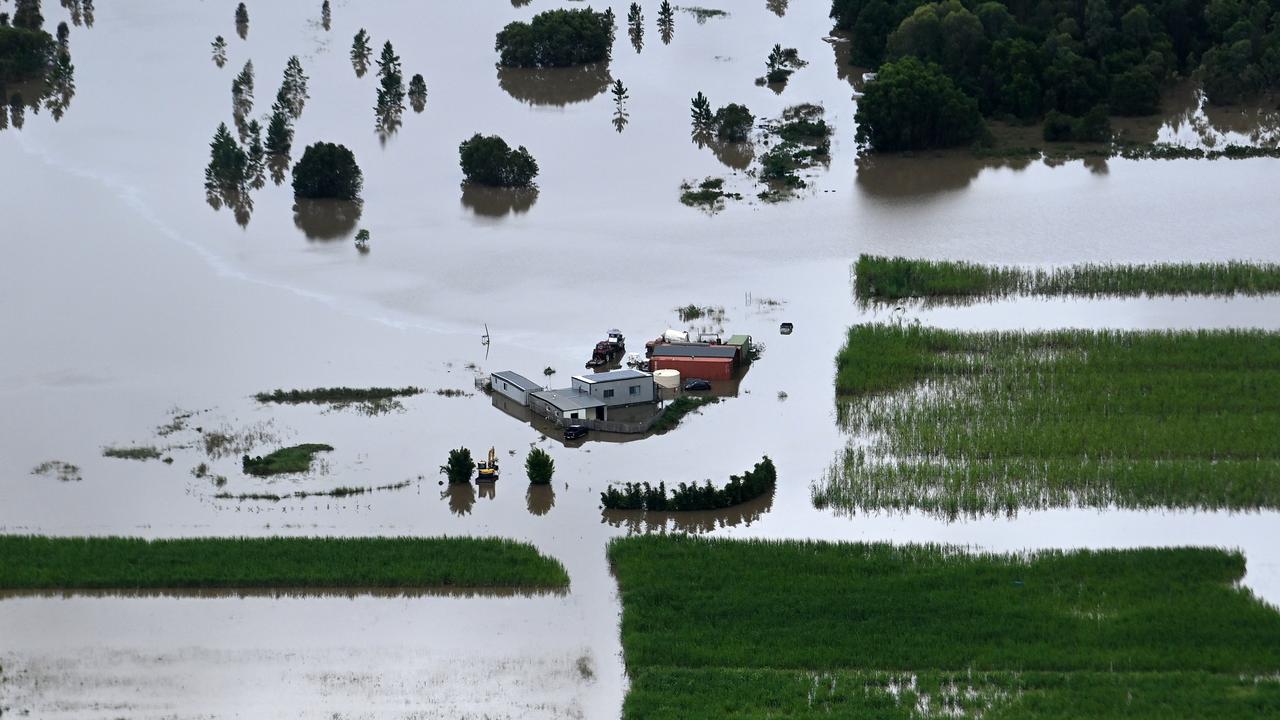
The report was completed before Queensland and NSW were inundated by the recent floods, but it warns that global heating will lead to a higher frequency and severity of extreme weather events and as a result more disruptions to the supply chain.
It found that road and rail links will be particularly impacted by climate change in the future, but supply chains overall will be at risk if affected by two or more catastrophic events simultaneously – a scenario that could become increasingly likely.
Mr Bartos said while a lot of serious work was needed to strengthen the supply chains such as creating new road or rail links, even the best systems would eventually collapse as climate change rages particularly if it continues “unabated”.
“One of the big things that climate change does is it adds unpredictability and all farm organisations face unpredictability as they can’t say when extreme events are going to happen,” he said.
“It has flow-on impacts with greater unpredictability harder for farmers to plan and harder for transport planners as well and the higher level of unpredictability is increasing risks and costs all around.”
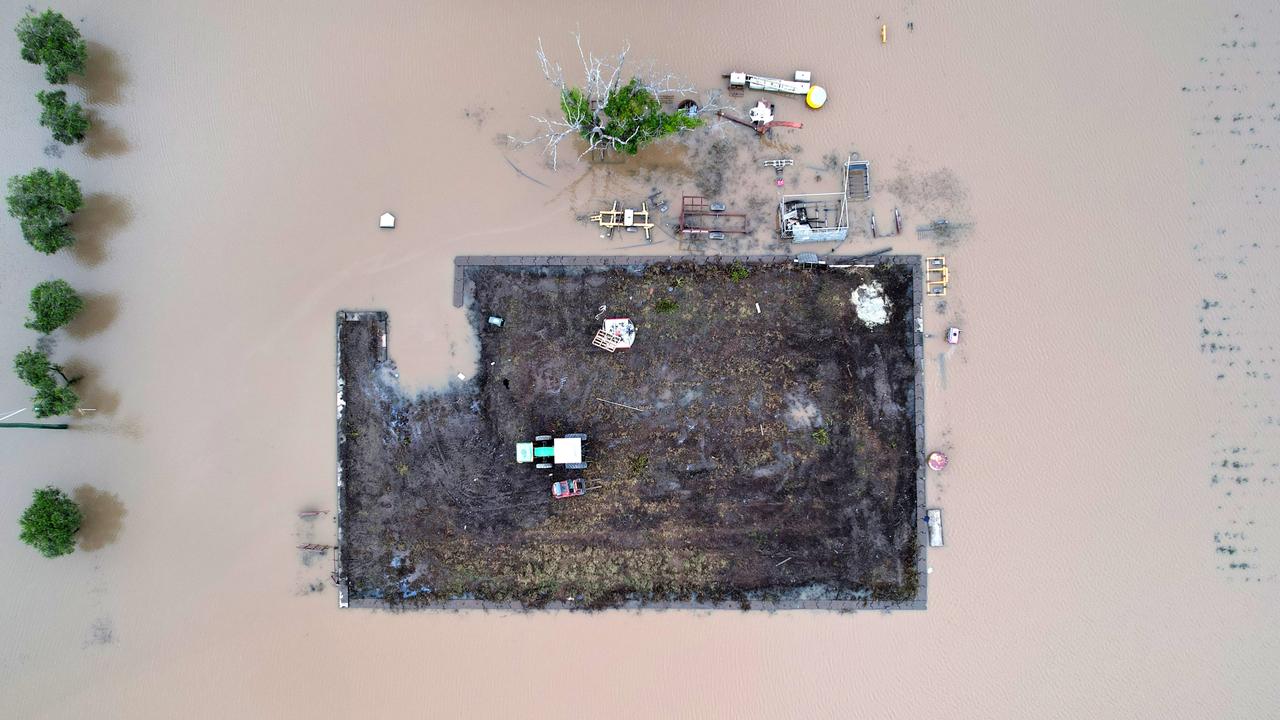
As part of the report, Mr Bartos predicted food costs will “inevitably” rise, with fresh fruit, vegetables and meat particularly impacted by climate change.
“We are already seeing that one of the immediate impacts is the cost of lending, and insurance is going up in the food supply chains and those costs have to be passed on to consumers, so food prices are inevitably going to rise,” he said.
“Offsetting that is farmers are extremely productive and that’s one of the ways they are dealing with the issues, but the [United Nations] Intergovernmental Panel on Climate Change has pointed out in recent years the negative impacts of climate change have wiped out the positive impacts of productivity.”
Mr Bartos said the Federal Government needs to take urgent action, including deep cuts to emissions to stop climate change becoming an “unmanageable risk” to the food chain.
“I think one of the things that the pandemic has done has revealed the fragility of our supply chain and it’s something we will continue to see as climate change continues to have an impact and we will actually have to face up to it,” he said.
“Adaptation can only go so far to address the root causes,” he said.
“But one of the priorities for Australia is to vigorously pursue meeting the Paris targets and encouraging other countries to do the same.”
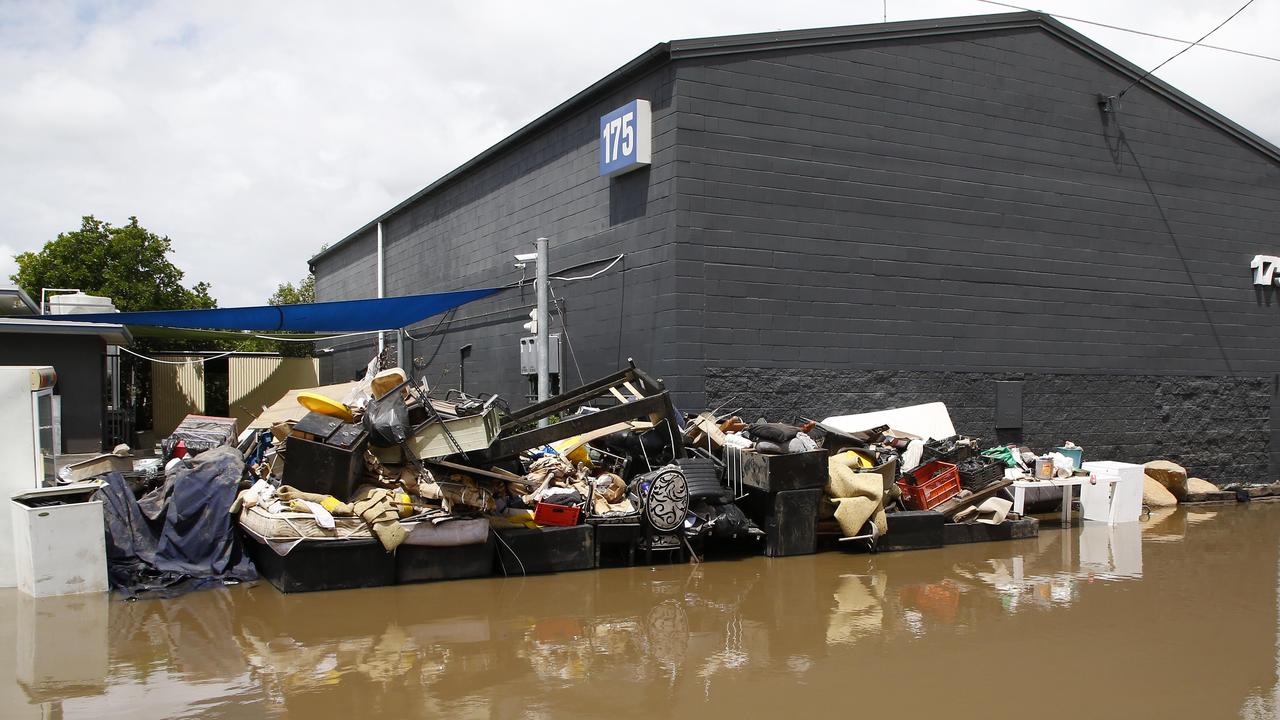
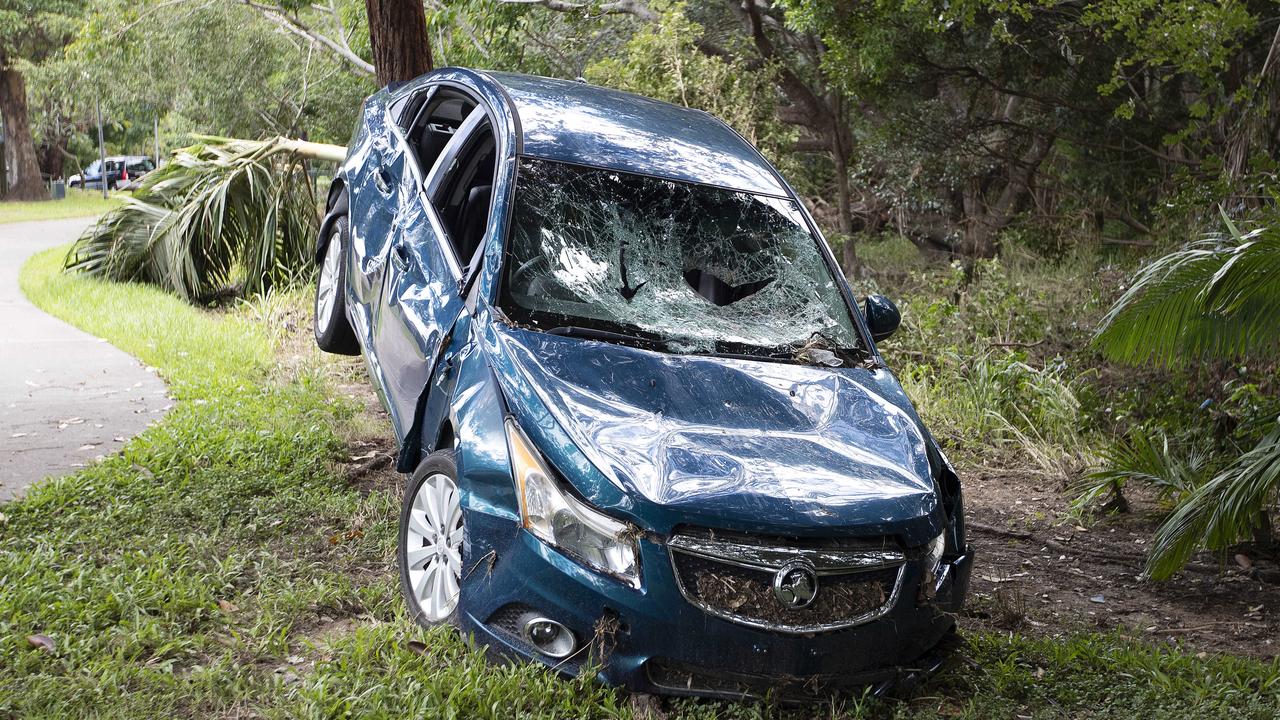
The Paris Agreement aims to limit global warming to well below 2C, and preferably to 1.5C, compared to pre-industrial levels.
The report was commissioned by a grassroots movement of farmers who are concerned about climate change.
And Mr Bartos said many are already taking action.
“For example, the Australian red meat industry are going completely carbon neutral by 2030, well ahead of Australian Government targets, as they see it as a necessity,” he said.
“It’s not just about reducing carbon emissions, but it’s actually improving the quality of the product too, so you can mitigate both climate change and improve your product at the same time.”



